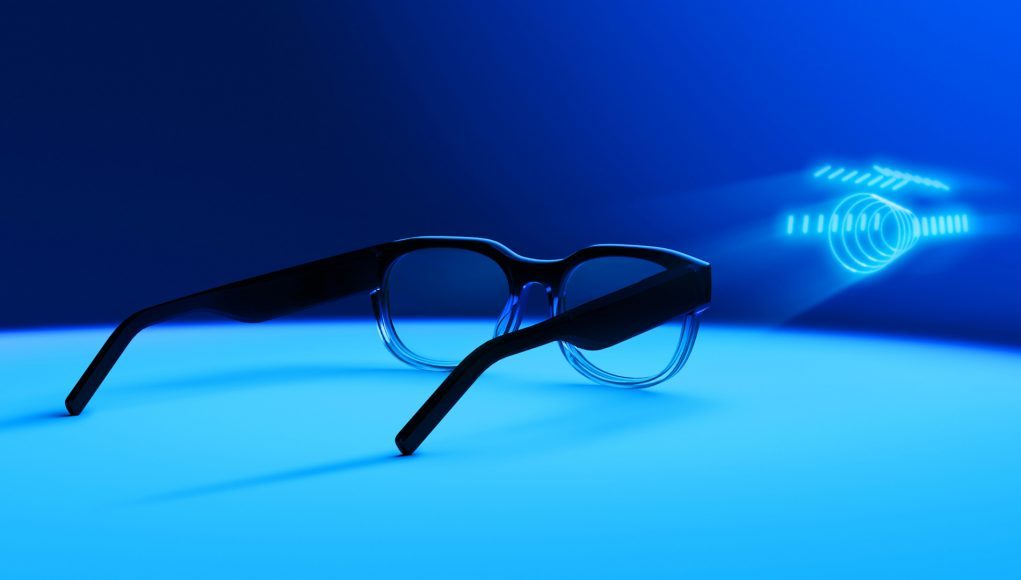Bernard Kress, principal optical architect on Microsoft’s HoloLens team, has left the company to take on the role of Director of XR Engineering at the recently formed Google Labs. A report by The Verge maintains Google is also now gearing up to produce an AR headset that could directly compete with similar offerings from the likes of Apple and Meta.
Before joining Microsoft in 2015, Kress worked as principal optical architect behind Google Glass, the company’s smartglasses that found marked success in the enterprise sector after a rocky reception by consumers in 2013.
At Microsoft, Kress continued his work—principally focused on micro-optics, wafer scale optics, holography and nanophotonics—as partner optical architect on the HoloLens team, overseeing the release of both HoloLens and HoloLens 2.
Now Kress is back at Mountain View working on Google’s next AR headset. According to his LinkedIn, Kress has been leading the Optical Engineering department at Google Labs since November 2021—or right as Google shook things up by creating the AR/VR division.
And there’s no doubts about it: Kress says he’s focusing on creating consumer AR hardware at Google.
Hot on the heels of the strategic hire, a report from The Verge maintains Google is now gearing up to produce its own AR headset, which is allegedly codenamed Project Iris.
According to people familiar with the matter, Project Iris is said to ship sometime in 2024, although that date may simply be wishful thinking given the early stage of the project.
The prototype is said to be ski goggle-esque, providing a standalone experience with onboard power, computing, and outward-facing cameras for world sensing capabilities—similar in description and function to headsets like HoloLens or Magic Leap.
The standalone AR headset is said to use a custom Google processor running on either a version of Android or Google’s own Augmented Reality OS, which according to a recent job listing is currently in development.
Around 300 people are purportedly working on Project Iris, however Google plans to expand by “hundreds more.” Veteran AR/VR Google exec Clay Bavor is heading up the project, reporting directly to CEO Sundar Pichai.
Bavor is known for his work on Project Starline, an experimental light field display system created to be more natural way of chatting at a distance than conventional video conferencing apps. Bavor also oversaw the 2016 launch of Google’s Daydream VR platform (subsequently abandoned in 2019), and the development of ARCore, the software development kit for smartphone-based AR.
This comes as Apple is supposedly preparing to release a VR headset with passthrough AR capabilities (sometimes called ‘mixed reality), which reports maintain will come at some point in 2023 as a precursor to a dedicated Apple AR headset at some point afterwards.
Meta (formerly Facebook) is also working on its own VR headset with AR passthrough, codenamed Project Cambria, which may be positioned as direct competition to Apple’s own when the time comes.







